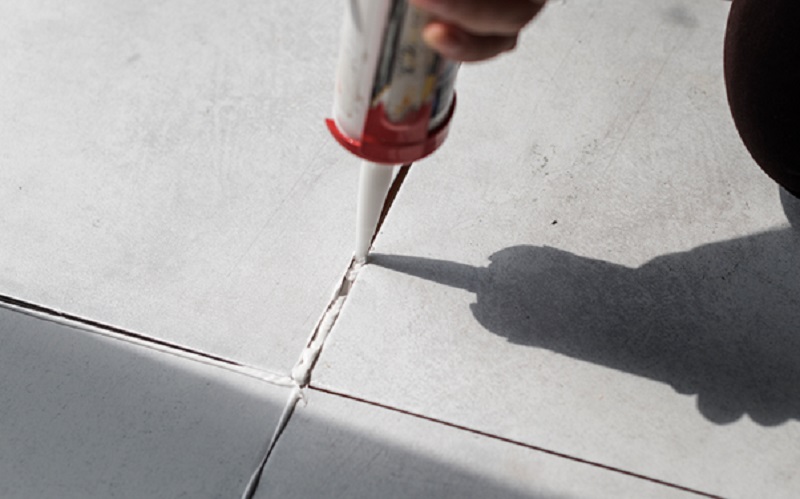Tiling projects often involve a diverse range of materials, from low-cost ceramics to high-end marble finishes. While the type of tile influences design and durability, what holds the surface together is equally important: the grout. Grouting is not a one-size-fits-all task. It requires technical knowledge and material-specific handling to ensure both structural integrity and a polished finish. Grout experts must tailor their approach based on the tile’s composition, porosity, and finish, especially in humid environments or high-traffic areas.
Learn how seasoned grout contractors in Singapore manage varying tile materials to achieve lasting, professional results.
Porcelain Tiles: Dense and Moisture-Resistant
Porcelain tiles are a popular choice in the city-state for both flooring and wall applications, especially in bathrooms and kitchens, due to their durability and low water absorption. However, their density can pose adhesion challenges during grouting. Grout contractors typically use cement-based or epoxy grout depending on the tile spacing and exposure to moisture. Due to porcelain’s impervious nature, grout specialists ensure the joints are thoroughly cleaned and dry before application to prevent air pockets or uneven curing. A fine-sanded grout may be used for narrower joints, while unsanded grout works better for delicate finishes to prevent scratching the surface.
Ceramic Tiles: Versatile but Porous
Ceramic tiles are more porous than porcelain, making them slightly easier to bond with grout but also more prone to absorbing moisture. Grout contractors often recommend sealing the grout after installation to reduce water damage and staining over time. Working with ceramic tiles requires grout specialists to pay extra attention to the porosity of both the tile and grout, especially in high-humidity areas. Depending on joint size, either sanded or unsanded grout can be used, but contractors are careful not to allow excess grout to sit on the tile surface for too long, as it can be harder to clean off porous ceramics.
Marble and Natural Stone Tiles: High-End, High-Risk
Marble and other natural stones, like travertine and granite, are commonly used in upscale residential and commercial interiors. However, these materials are highly sensitive to acidic substances and abrasive tools. Grout contractors take extra precautions when grouting natural stone, often recommending unsanded grout to avoid scratching polished surfaces. Epoxy grout is also used in some cases for its resistance to stains and discolouration, but only by grout specialists with experience, as epoxy requires precise mixing and swift application. Sealing the stone before and after grouting is a standard practice to prevent staining from grout pigments and moisture intrusion.
Glass Tiles: Delicate and Reflective
Glass tiles are increasingly used as accent features or in splashbacks due to their reflective aesthetic. These tiles require careful handling during grouting to avoid scratching or dulling the surface. Grout specialists typically use non-sanded, white or translucent grout to preserve the clarity of the tiles and avoid creating visual shadows through the glass. The application process is also more meticulous, with contractors ensuring grout is evenly spread and quickly cleaned off the surface to prevent residue build-up. Specialised additives are used in some cases to increase adhesion without compromising the tile’s appearance.
Mosaic and Irregular Tiles: Precision Work
Mosaic tiles and other irregular surfaces demand a high level of precision during grouting. The small size and tight spacing of mosaics mean excess grout can easily obscure the design or cause inconsistencies in the finish. Grout contractors usually employ fine tools and specialised grout mixtures, often opting for pre-mixed or epoxy grout for durability. Due to the intricate layouts, it is essential that the grout is applied uniformly and wiped clean systematically to preserve the visual integrity of the design. A grout specialist experienced with complex tile patterns ensures that the overall finish remains clean and professional-looking.
Conclusion
Not all grouting jobs are the same. Each tile material presents its challenges in terms of adhesion, finish, and maintenance. That’s why engaging a professional grout contractor is vital for any tiling project, whether residential or commercial. A certified grout specialist can examine the material, select the best grout type, and use the proper techniques to provide a long-lasting, visually appealing outcome.
Contact Grout Pro-Tech for expert handling of your tile installation or regrouting needs.





